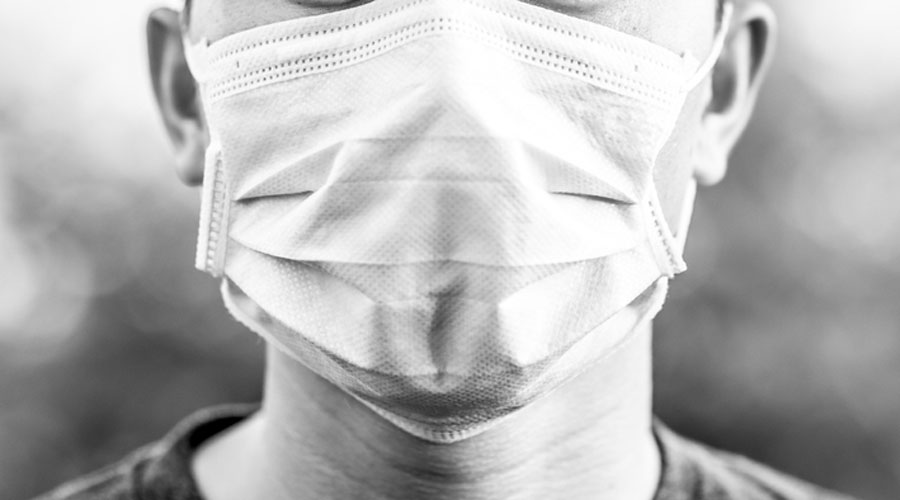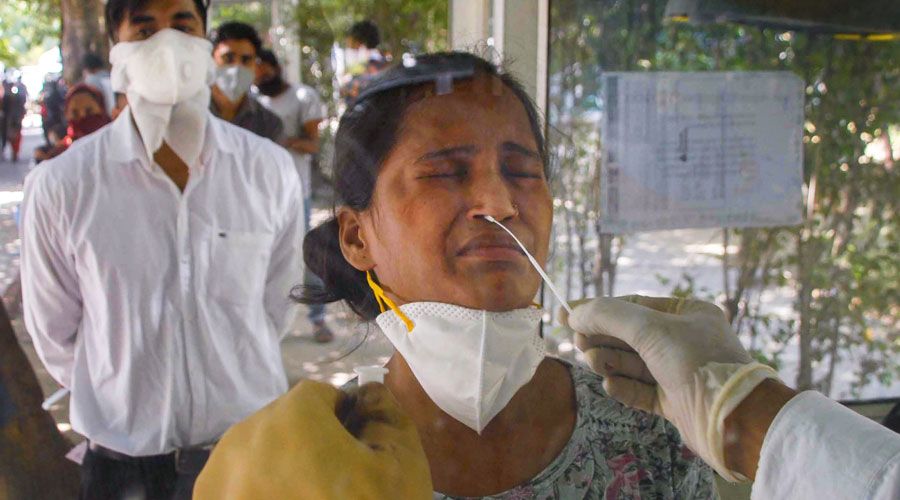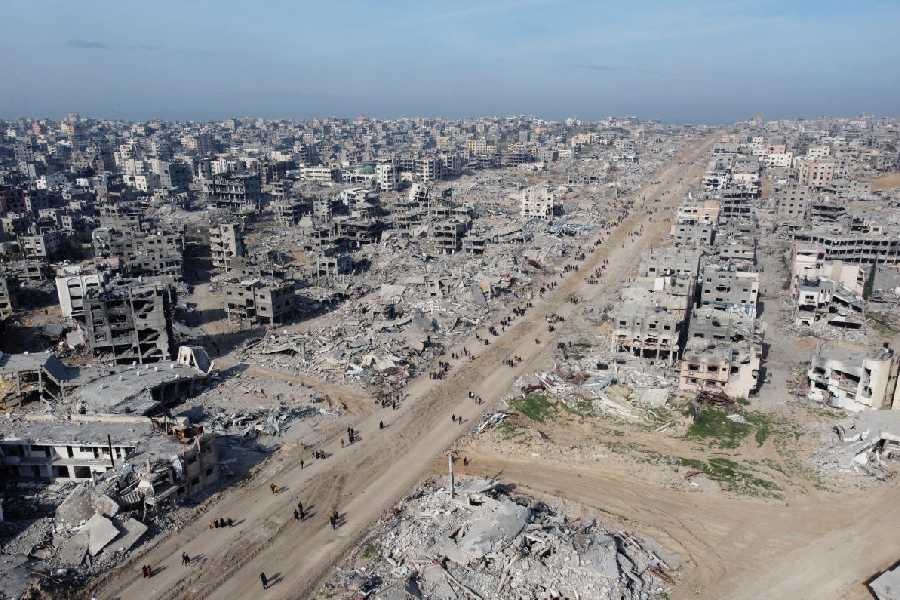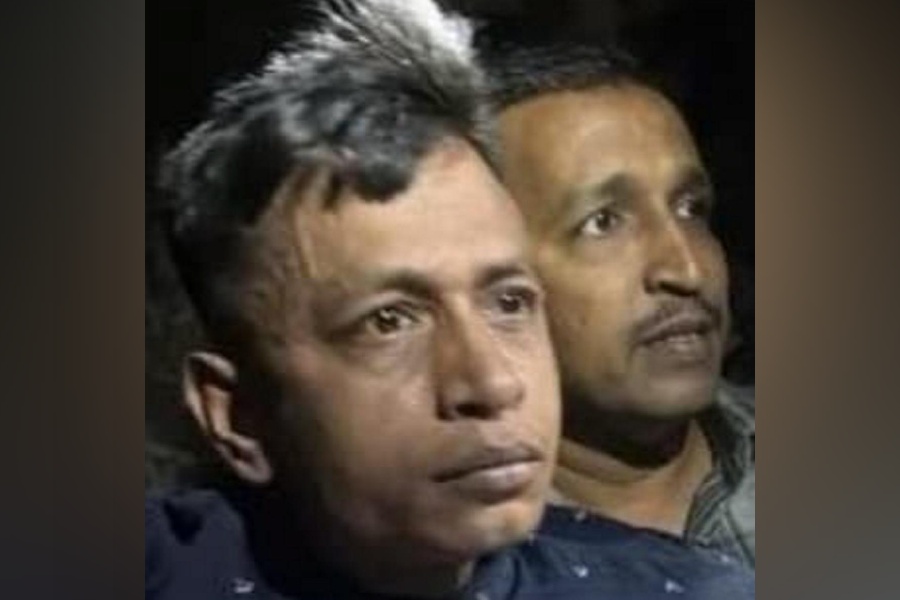The discomfort associated with wearing a face mask should not trigger unsubstantiated concerns about carbon dioxide poisoning, researchers asserted on Friday after their study found no evidence that masks induce physiological changes even in people with lung disease.
The US-based researchers said their study data should help mitigate any fears about health risks associated with the use of surgical masks and expand the public’s adherence to this precautionary measure that reduces the risk of the new coronavirus infection.
Their study was designed to address concerns among members of the public that masks over the nose and mouth might cause people to re-breathe carbon dioxide and experience oxygen deficiency.
The researchers assessed gas exchange — changes in oxygen and carbon dioxide levels — in healthy persons and in persons with chronic obstructive pulmonary disease (COPD) before and while using surgical masks.
“We show the effects are minimal at most even in people with very severe lung impairment,” Michael Campos, a pulmonary medicine specialist at the University of Miami Hospital who led the study, said in a media release from the American Thoracic Society.
Campos and his colleagues have reported their findings in the Annals of the American Thoracic Society. Their study comes at a time when health authorities worldwide have urged people to wear surgical or two-layered cloth masks in public to reduce the risk of picking up the coronavirus infection.
The researchers asked 15 healthy persons and 15 COPD patients to take a six-minute walk test. Patients with severe COPD on the six-minute walk test had decreased oxygenation as expected. However, the COPD patients as a group did not exhibit major physiological changes in gas exchange after the test using a surgical mask, particularly in carbon dioxide retention, the doctors said.
They acknowledge that their sample size was small but said their findings offered “a clear signal on the nil effect of surgical masks on relevant physiological changes in gas exchange” under routine circumstances such as prolonged rest or brief walking.
Chest specialists have underscored that patients with lung disease should in particular avoid getting infected — through the use of face masks, hand hygiene and avoiding crowds — as the underlying lung disorder could make them vulnerable to severe Covid-19.
“Masks help in many ways — and they do not lead to carbon dioxide build up. Gas exchange happens through masks. People need to know this,” said Jai Kumar Samaria, a senior respiratory medicine specialist at the Benaras Hindu University Institute of Medical Sciences, Varanasi. “A critical role of masks is to minimise the amount of virus that may be inhaled — every infection requires a critical dose. A mask helps keep the amount of virus down.”
Vinod Paul, member of Niti Aayog and head of India’s national task force on the coronavirus, had earlier this week iterated the need for people to wear masks, and stressed the even greater need to do so during the upcoming season of festivals.












